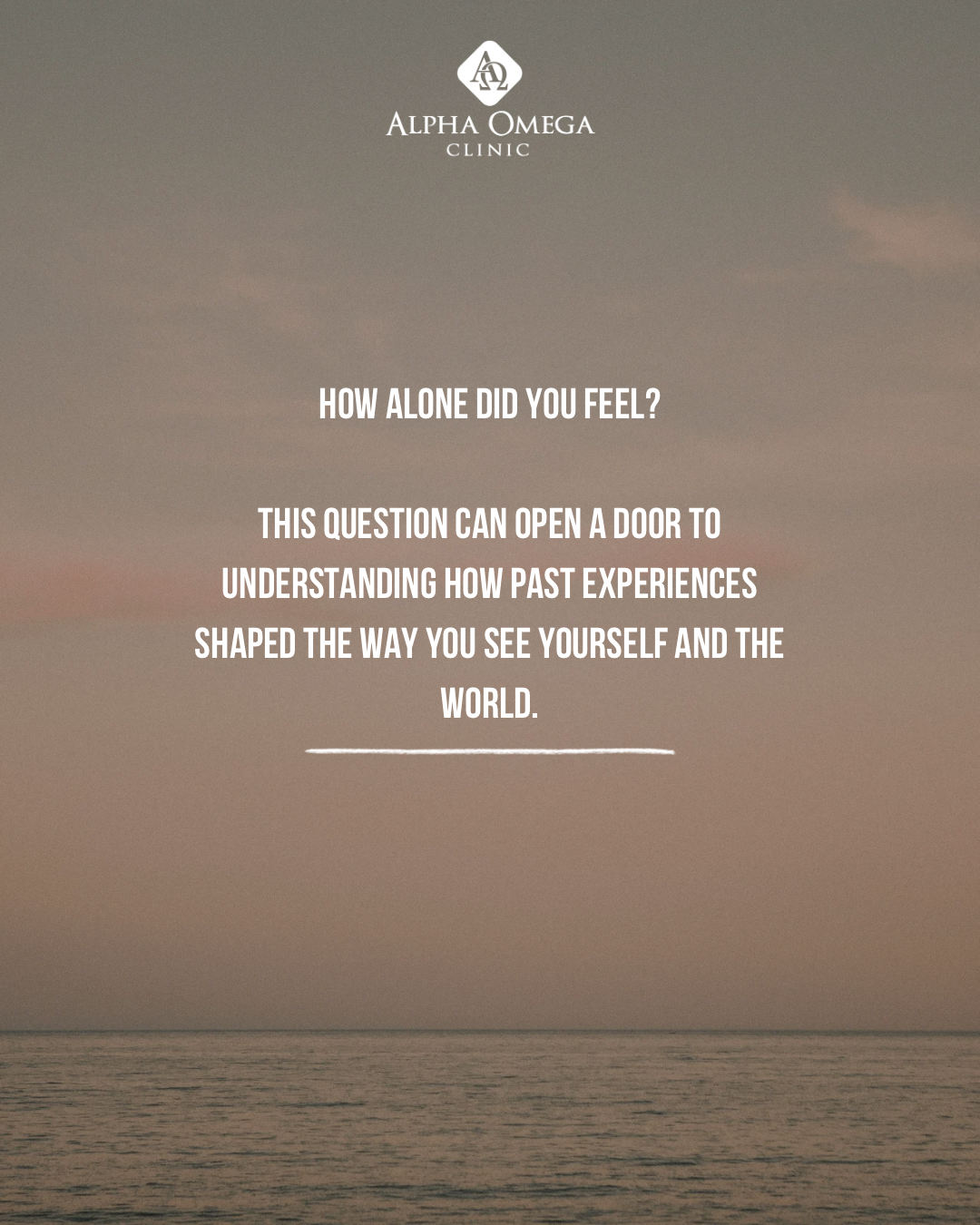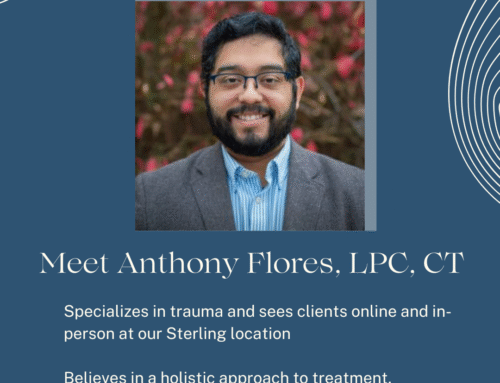In trauma-informed care, we know that the amount of support we had during hard moments is as important as the event itself. Feeling alone — whether physically or emotionally — can amplify distress, leaving the nervous system on high alert long after the danger has passed.
Reflecting on this question isn’t about re-living pain. It’s about recognizing the context of your story:
🤍 Who was (or wasn’t) there for you?
🤍 How did you try to cope when connection wasn’t available?
🤍 How does that absence of support still echo in your relationships today?
Healing often begins when we can name the loneliness we carried, and invite new forms of connection into the present.
You didn’t deserve to face it alone. And you don’t have to now.
* The information provided is for self-enrichment and not intended to replace any necessary mental health treatment.
Want to support our work? Visit aoclinic.org/donat
Want more ways to receive this content? Follow us on Instagram or Facebook or subscribe to our e-newsletter
Warmly,
Jonathan Dixon, LMFT
Alpha Omega





